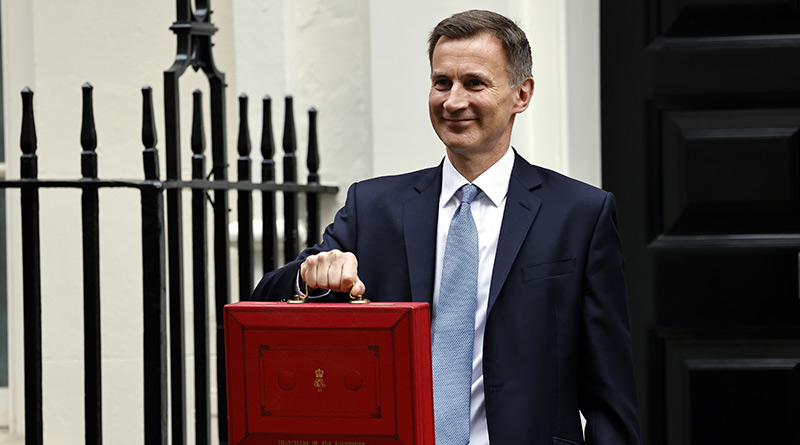WSTA Calls on Chancellor to Cut Alcohol Duty In A Submission to the Treasury

The Wine and Spirit Trade Association is calling on the Chancellor to cut wine and spirit duty to combat both falling sales volumes and reduced revenue to the Exchequer.
In January last year alcohol inflation was 3.5%, it’s now almost trebled, with spirits at 8.9%, wine at 7.8% and fortified wine sitting at 18.7%.
Wine duty was last cut in 1984 when Nigel Lawson was Chancellor. Spirit drinkers haven’t enjoyed the benefits of a duty cut since 2015, under the last Coalition Government.
The WSTA argues that the only way to cut alcohol inflation is to cut excise duty following the disastrous duty hikes last year.
When the new excise duty regime was introduced on 1 August, last year, spirit duty increased by over 10% and the duty on the vast majority of still wine sold in the UK increased by at least 20%.
Miles Beale, Chief Executive of the Wine and Spirit Trade Association, said: “Last year’s duty increases have had an immediate and negative impact on wine and spirit sales volumes. Not only has this hurt British businesses, it has fuelled inflation and reduced excise duty receipts.
Recent history has shown that cutting excise duty leads to increased sales, keeps price rises down for consumers and brings more revenue into the Exchequer. We are calling on the Chancellor to check the records and take action that will benefit Treasury coffers, British business and consumers – cut duty rates and give everyone a much needed boost.”
In a submission sent to the Treasury yesterday (Wednesday), the WSTA is also calling for the Chancellor to make permanent its temporary easement for still wine. It argues that maintaining the approach for taxing for wine that it introduced in August would make little difference to duty receipts, but would avoid further significantly red tape costs to business, in particular SME wine importers and retailers.
While the new system may appear simpler in a spreadsheet, in practice, for the wine sector, the WSTA warns it is categorically the opposite. If the easement ends, a single amount of duty paid on wines between 11.5-14.5% abv – £2.67 – will be replaced with 30 different payable amounts.
The drinks trade body lays out in its Budget submission the importance of a lower tax environment and government support for small businesses to stop the decline in sales.
The great British “ginnaisance” has recently hit the buffers and, following a 10% spirit duty rise, ONS data shows the average price of a bottle of gin is now just over £17, up more than £1.50 on last year.
The Government’s own figures show duty receipts for spirits were down by 19% from September to December 2023, compared to the previous year.
Miles Beale added: “The WSTA is fully aware that there are significant pressures on the public purse and significant pressure to reduce Government debt. With the economic recovery so fragile we believe that cutting duty at the Budget would better support the Government’s aim to reduce inflation, would stimulate growth and maximise revenue to the Exchequer. In fact, we are confident that the whole UK drinks sector is united in its support for this action by Government.
Making the wine easement mechanism permanent to prevent the impact of more red tape and higher running costs would bring relief and improve business planning certainty for the UK’s SME-rich wine industry. The prospect of losing the easement continues to be their single biggest concern. The Government needs to listen and do the right thing.”
The WSTA argues a duty cut this time around would be a rare show of support for thousands of British businesses in the drinks sector after an incredibly challenging backdrop of a fragile economy with limited growth forecast for 2024, persistent food and drink inflation and a hospitality sector under severe strain.
